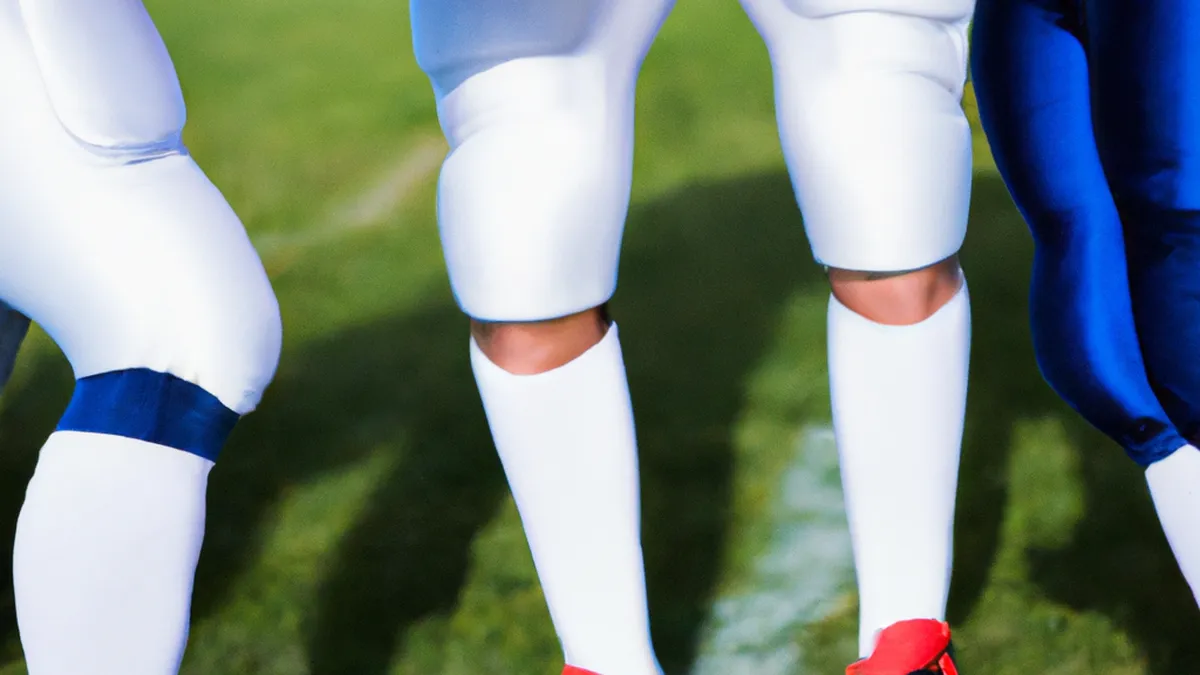Metrics That Matter for Swimmers (Zone 2)
Analyzing Swim Performance MetricsSwimming demands precision, strength, and endurance. To improve, swimmers must analyze their performance metrics. Understanding these metrics helps swimmers reach their goals and optimize training. This blog explores key swim performance metrics, analysis methods, and benefits.
Key Performance Metrics
Focus on several critical metrics when analyzing swim performance. These metrics provide insights into swimming efficiency and effectiveness.
1. Stroke Rate
Stroke rate measures strokes per minute. This metric reveals how quickly a swimmer moves through water. A higher stroke rate can indicate speed but may also cause fatigue. Swimmers should balance speed and endurance, finding a sustainable stroke rate. Monitoring stroke rate during practice and competitions offers insights into pacing and areas for improvement.
2. Stroke Length
Stroke length refers to the distance covered per stroke. It is essential for swimming efficiency. A longer stroke length correlates with better performance. Swimmers can improve stroke length through proper technique and body positioning. Techniques like high-elbow catch and effective glide maximize stroke length. Pay attention to stroke length during training sessions to enhance performance and identify inefficiencies.
3. Split Times
Split times measure the duration to swim specific distances, such as 50 meters or 100 yards. Analyzing split times helps swimmers identify pacing strategies and manage energy. Tracking split times in training allows swimmers to adjust their pace for optimal performance. This analysis can improve race strategies. Swimmers may find better performance by starting conservatively and building speed later.
4. Total Time and Race Strategy
Total time represents the overall duration to complete a race. Analyzing total time alongside split times provides a comprehensive performance view. Comparing total times across races reveals trends and the impact of training improvements. Understanding how total time breaks down into split times refines race strategy. If swimmers perform better with even splits, they can adjust training to focus on pacing.
5. Heart Rate and Recovery Time
Monitoring heart rate during training offers insights into cardiovascular fitness and recovery ability. A lower heart rate during exercise often indicates better fitness levels. Tracking recovery time after intense sets boosts understanding of fitness improvements.
Conclusion
As an Amazon Associate I earn from qualifying purchases.
Gear tip: consider swim goggles, swim cap, and running belt to support this topic.
In summary, analyzing swim performance metrics enhances training, strategy, and overall effectiveness. Swimmers can achieve their goals through focused analysis.
Below are related products based on this post:
FAQ
What are the key performance metrics in swimming?
The key performance metrics in swimming include stroke rate, stroke length, split times, total time, and heart rate. These metrics provide valuable insights into a swimmer’s efficiency and effectiveness, helping them optimize their training and performance.
How does stroke rate affect swimming performance?
Stroke rate measures the number of strokes a swimmer takes per minute and indicates their speed through water. While a higher stroke rate can suggest increased speed, it may also lead to fatigue. Swimmers need to find a balance between speed and endurance to maintain a sustainable stroke rate.
Why is it important to monitor split times?
Monitoring split times allows swimmers to analyze their pacing strategies and manage their energy during races. By tracking split times in training, swimmers can adjust their pace for optimal performance, improving their overall race strategies and outcomes.















Post Comment